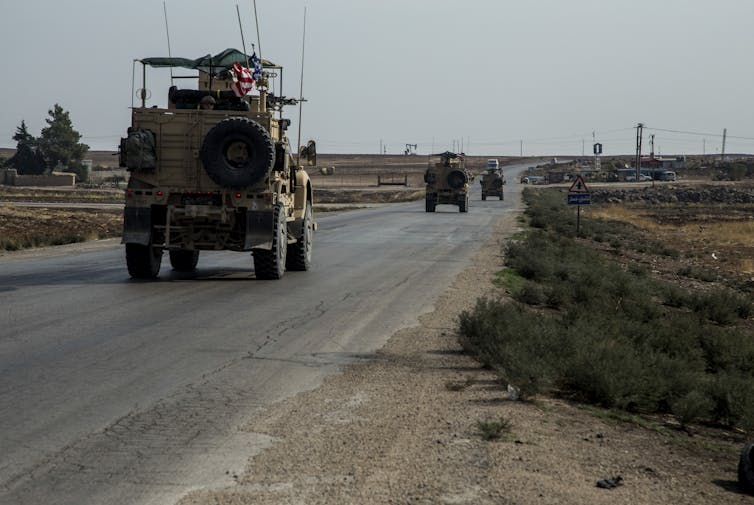![Photo By User:Hohum [Public domain], via Wikimedia Commons](http://occupyworldwrites.org/wp-content/uploads/2014/07/WWImontage-289x300.jpg)
Photo By User:Hohum [Public domain], via Wikimedia Commons
On June 28th 1914 the Archduke Franz Ferdinand of Austria was shot to death by Gavrio Princip in Sarajevo. The alliances between the European countries at that time made armed conflict inevitable. On July 28th 1914 the first shots of World War One were fired. During this war of tactical stalemate, modern weapons of mass destruction were invented, deployed and perfected.
Japan invaded Manchuria in 1931, China in July of 1937, and portions of Vietnam in 1940. Germany invaded Poland on September 1st 1939 which started the war that would become World War Two. On June 25th 1950, North Korea invaded South Korea. In October of 1961 the United States invaded Cuba. In 1964 the North Vietnamese fired on US warships in the Gulf of Tonkin escalating the Vietnam War. In 1967 the Israeli’s launched surprise attacks against Egypt, Jordan and Syria in what became known as the Six-Day War. On December 27th 1979, Russia invaded Afghanistan. The list is seemingly endless. Invasions and wars in Lebanon, The Falklands, Grenada, Panama, Iraq, Somalia, Haiti, Iraq (again), Afghanistan (again), and in 2014 Crimea and Ukraine.
And as of today, July 17th, 2014, we learn that Israel has invaded the Gaza Strip which was part of the territory it fought over in 1967. In yesterday’s post we read about the horrors of DIME munitions and White Phosphorous. One of the horrors of World War One was Phosgene gas. While not related to White Phosphorous, the pattern of using chemical weapons against an enemy has only gotten more refined in the last 100 years.
With today’s advances in weaponry making war more impersonal and the ravages of war more heinous, we ask the question, “What have we learned?”
We have learned that in the past 100 years, sadly, we CAN’T all get along. And that wars and conflicts will be waged for the same reasons that they were waged in 1914. Munitions makers will gladly provide weaponry to whichever side can afford it. Genocide is still attempted. Mechanized warfare is even more impersonal if much more deadly than ever before.
Occupy World Writes stands in solidarity with the true losers in these conflicts. Innocent civilians whose lives and livelihoods are disrupted or ended tragically by the ravages of war.




![Photo By User:Hohum [Public domain], via Wikimedia Commons](http://occupyworldwrites.org/wp-content/uploads/2014/07/WWImontage-289x300.jpg)